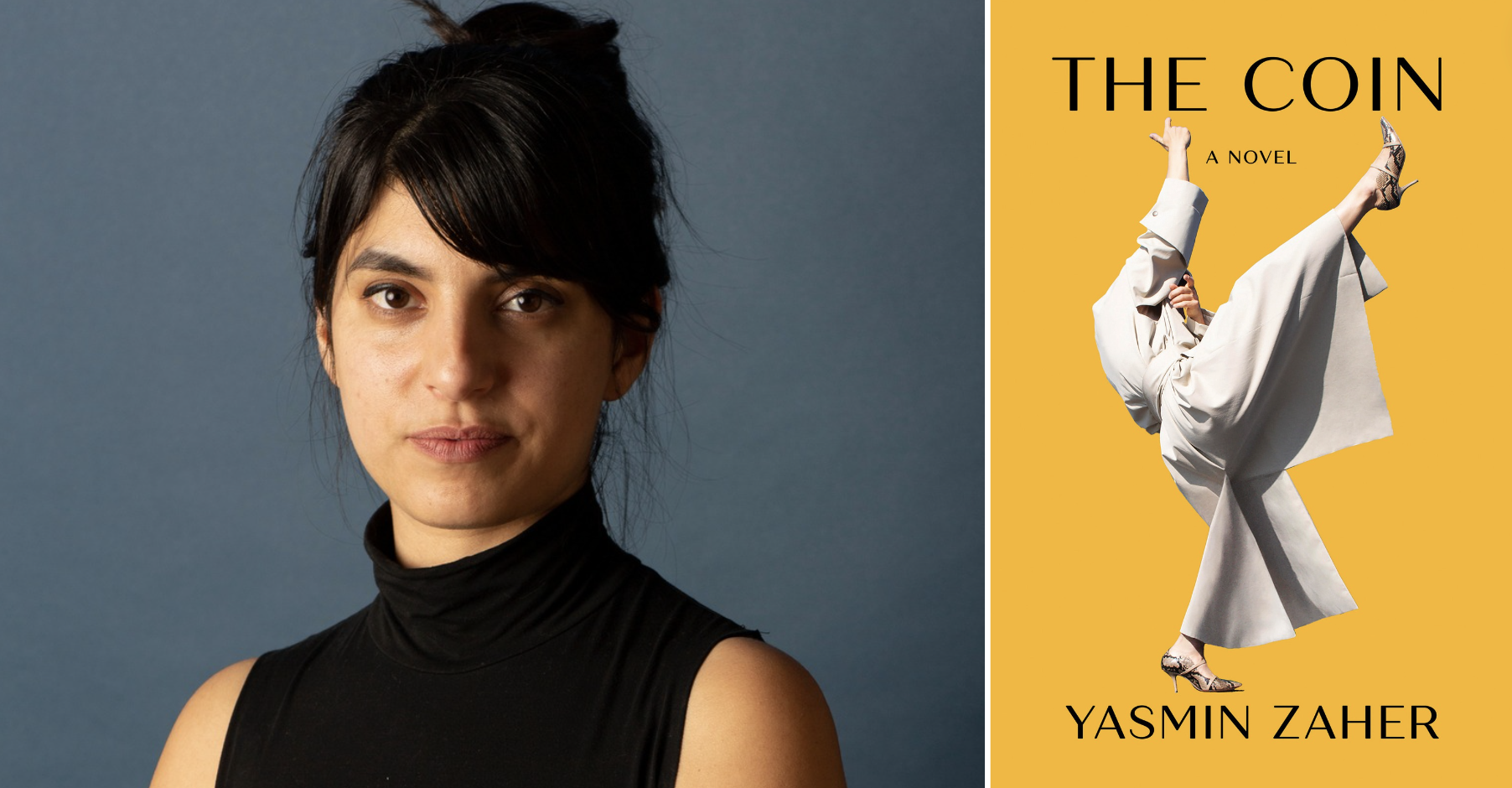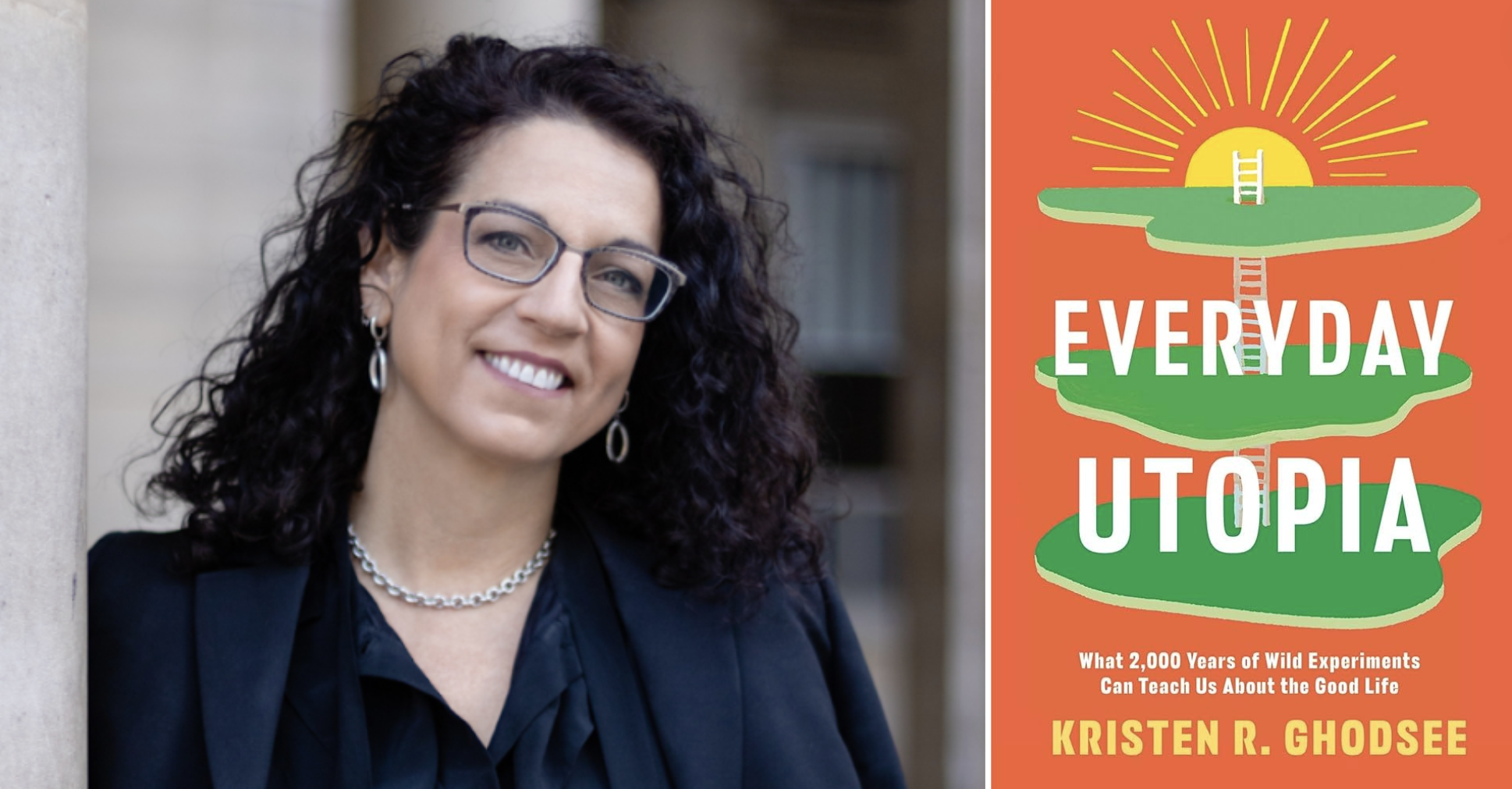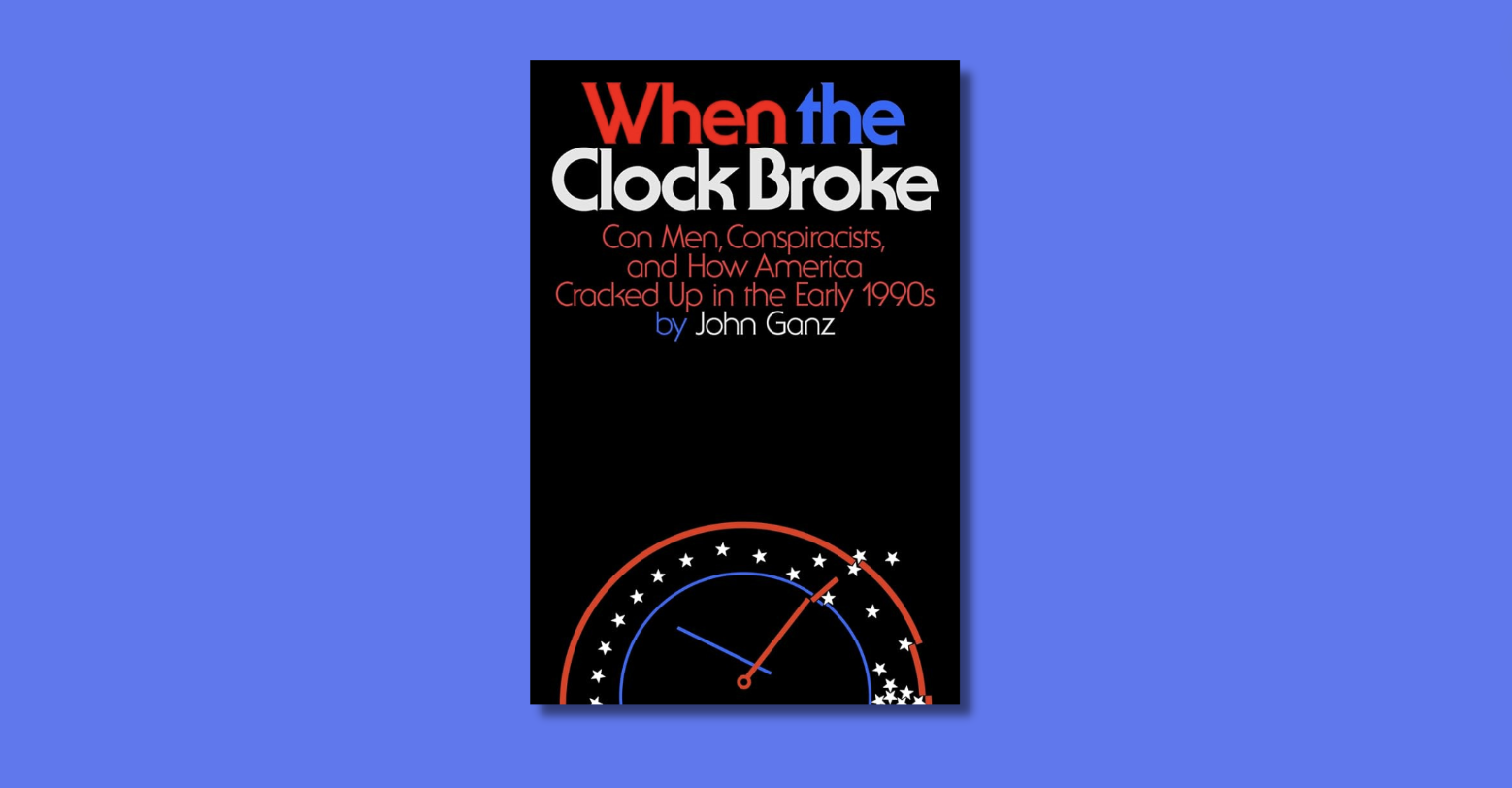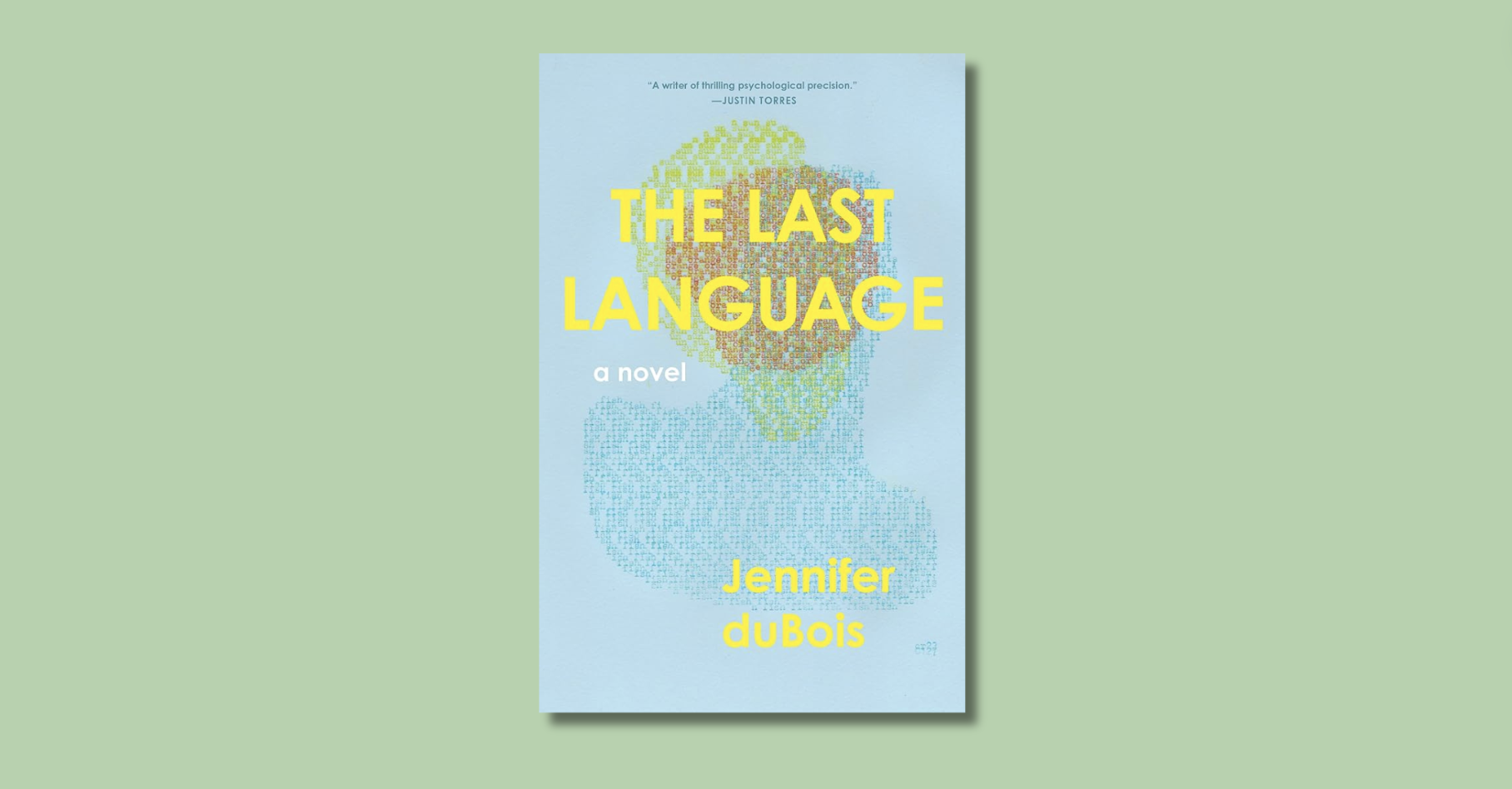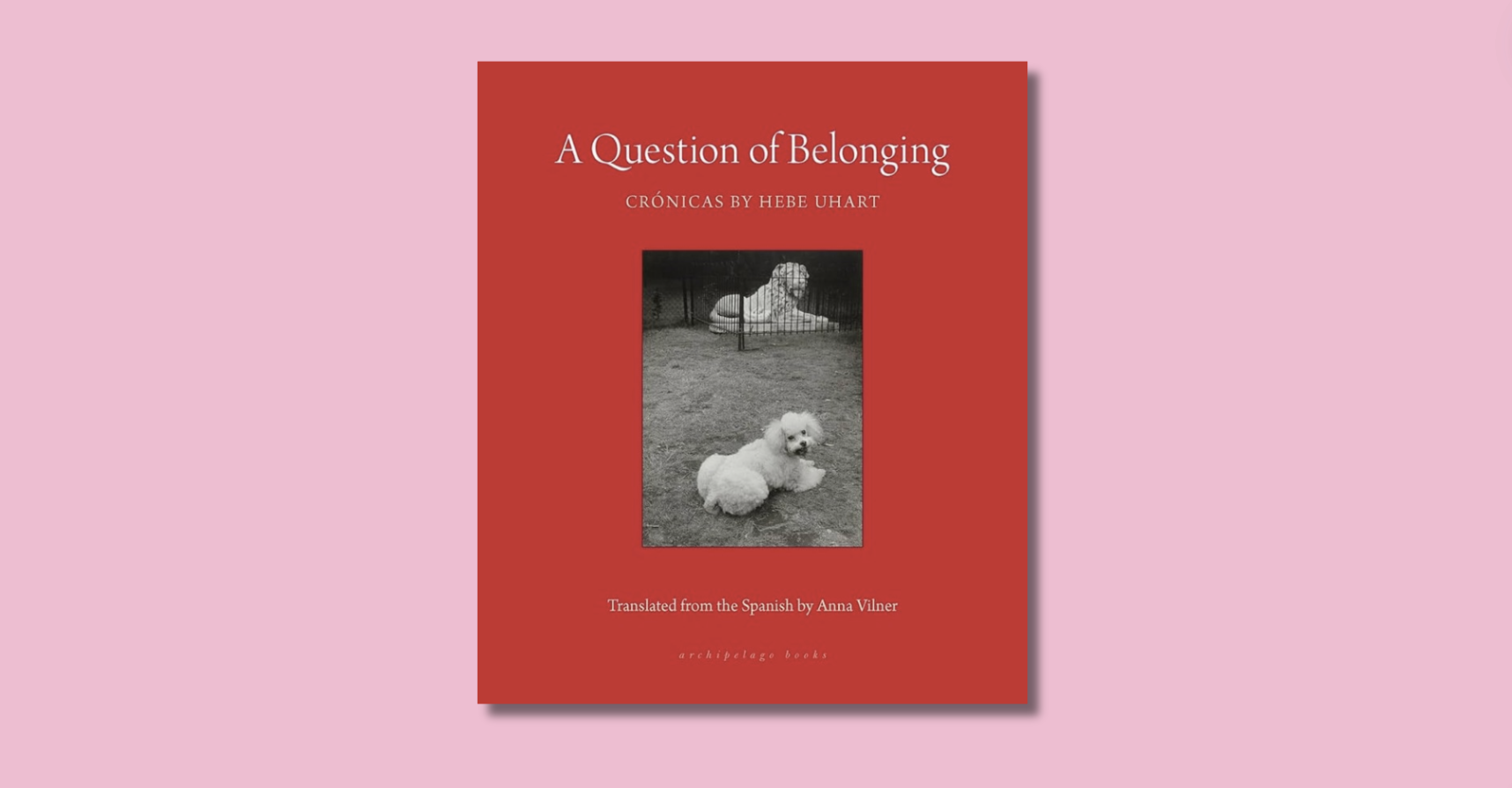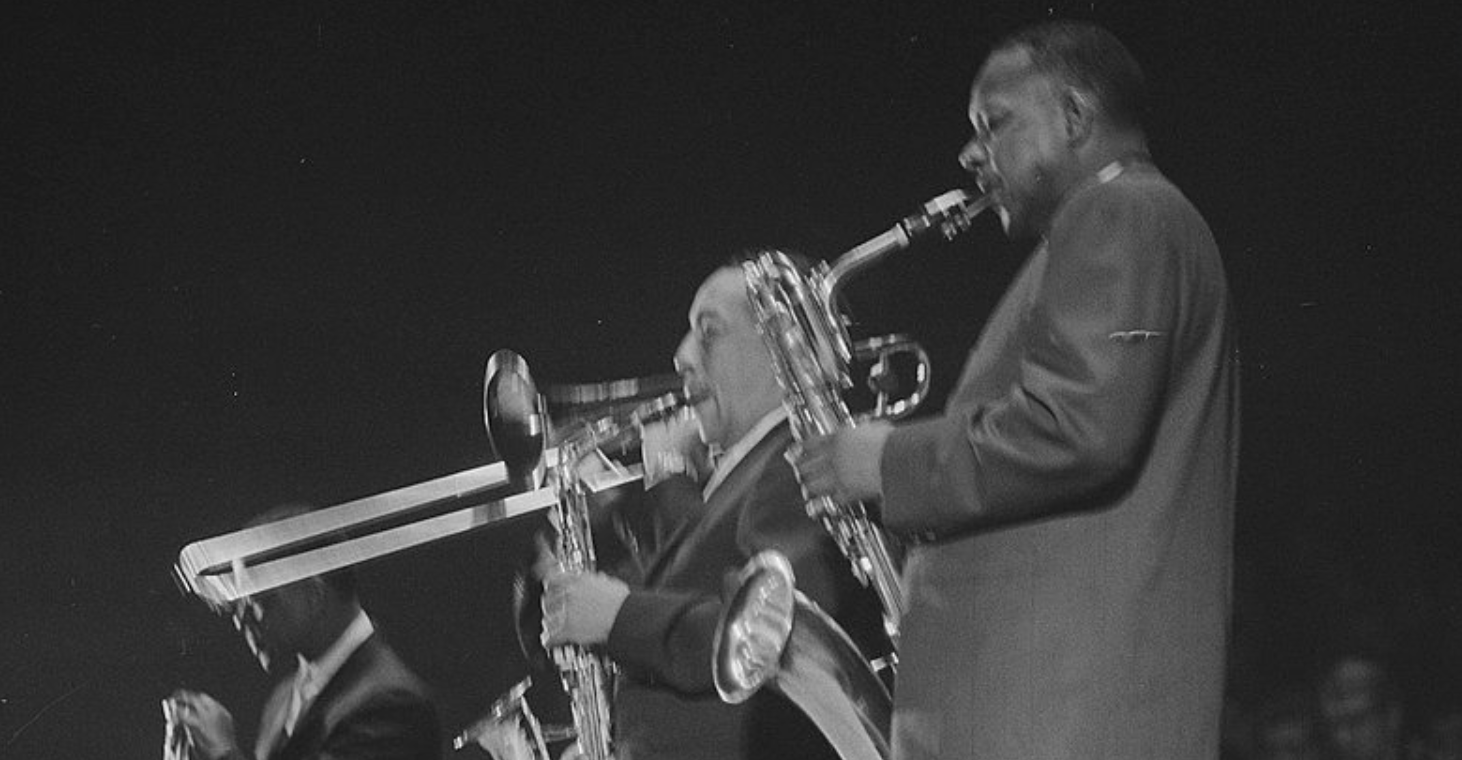In high school, I used to look forward to study hall because the girl who sat in front of me would spend the whole time gossiping and laughing with me. She was smart and funny and, while I was dreaming of college and traveling and dozens of dramatic relationships, she actually had a fiancé. I was astounded when she told me that he was in his thirties, and just a little controlling. “But I’m sure it’s all going to work out,” she said.
The year we graduated, I lost track of her, busy with college and drugs, and falling in and out of love. But then I ran into old friends and I heard the news. My high school friend had decided that she wanted to go to college. She wanted to be free, so she broke up with her fiancé. She told him all that, on Valentine’s Day, and he quietly left, then came back an hour later and stabbed her 45 times.
When I heard that, I was haunted. I needed to make sense of it; I thought I could write her story, but every time I tried, I got stuck. Why didn’t she know that he could be violent? And if she did know, why did she stay? Why didn’t she tell someone? I couldn’t figure it out.
And then, ten years later, my fiancé died very suddenly of a heart attack, two weeks before our wedding. My life cracked open. I couldn’t eat, I couldn’t read or write, and I once cried so hard in my apartment that a neighbor called the police to make sure I was all right. I wasn’t. I got it in my head that the only thing that might save me was to throw myself into another relationship, to be really busy. “Worst idea in the world,” my friends told me. But I did it anyway.
My new boyfriend lived in the future. He was filled with plans of what we would do together, how we’d travel, how we’d someday have a baby — all things I didn’t really want then because my heart was hollow. But I loved the idea of having a destination, of crowding my life with things that might push away my grief. He moved me into his apartment and began waking me in the middle of the night, whispering, “I love you. Marry me,” and he wouldn’t let me sleep until I said yes, my heart pounding because I knew I never would.
He began monitoring what I ate because he thought I wasn’t skinny enough. He got rid of almost all of my black clothing without telling me. “You’d look gorgeous in pastels and ruffles,” he told me, “You’d be much more feminine.” He didn’t want me to see my friends and when I was overly friendly with his he accused me of wanting to sleep with them. Why did I stay? Because I knew if I left, the grief would come flooding back, and that seemed far worse. And my boyfriend never hit or yelled. If there was an insect in the house, he’d take it outside. His voice was always soft and gentle, his demands always prefaced with the words, “Honey, I’m telling you this because I love you.”
I worried it over and over in my mind. He had no reason to be mean to me — he loved me, he said — so maybe he was right. I saw myself in the mirror and I did look a little fat, so I began to exercise more, to eat less. I fussed with a skirt and thought, maybe it wasn’t short enough. Maybe he was right, too, about my wearing ruffles and pastels.
So I stayed. One year, and then two. My mother came up and, stunned at how skinny I was, begged me to leave. My friend Marlise made a point of bringing me Cinnabons when we were working together; I ate every crumb and then felt guilty and wondered if he could tell I had stuffed myself when he saw me. And then I started to remember my high school friend, and suddenly, I began to be afraid.
One day I went to work on my novel and, to my surprise, a part of it had been rewritten. My boyfriend, seeing my unease, told me that he had done it, that he thought I needed to be funnier. “But it’s mine,” I told him. “My work.” He looked at me, hurt. “Aren’t we the same person?” he said. “Isn’t what I want what you want?” I couldn’t answer because I no longer knew who I was.
The thing that finally made me leave was my friend Jo, who lived in Santa Fe and wrote me almost every other day. He had been reading her emails, and he wasn’t happy with what she was saying about our relationship. I called her to ask her not to say anything personal in an email because he read them. “We can talk on the phone,” I said. I thought she’d support me, because she always did, but instead, she yelled at me. “Our friendship is based on the truth and I’m not censoring myself. What are you doing? Why are you with him? You have to get out.”
I started to cry. When I got off the phone, I was trembling and terrified, but I went to find my boyfriend. “I’m leaving,” I said. “I don’t want to marry you. I want to be on my own.” And then, in that soft quiet voice, he said, “Honey, you can go, I don’t want to be with you, either.” That’s when I knew how lucky I was.
It took me a while to come back to myself. The grief came back harder than ever. But I worked through it with the help of a therapist. My friends took me out to eat. Have bread, they insisted. Order cake. My friend Jane made me come shopping with her but I didn’t know anymore what to choose. “Don’t think, just feel it,” Jane told me and when I drifted towards a short black dress, she told me I’d look great. My friend Linda let me stay at her place nights when I was most lonely. I began to write again. And I began to understand how and why my high school friend had been in that relationship so long. I began to feel sorry that I hadn’t known, that no one had been able to protect her.
It took me a few years, but I fell in love and married a smart, creative man who makes me laugh, who told me I was beautiful, who nursed me through an illness. We talk about everything, and sometimes we raise our voices. But that sound, that truth, is so much better than than a hypnotic, quiet voice — a voice tightening like a garrote.
Image: The Return of Persephone, Wikipedia


